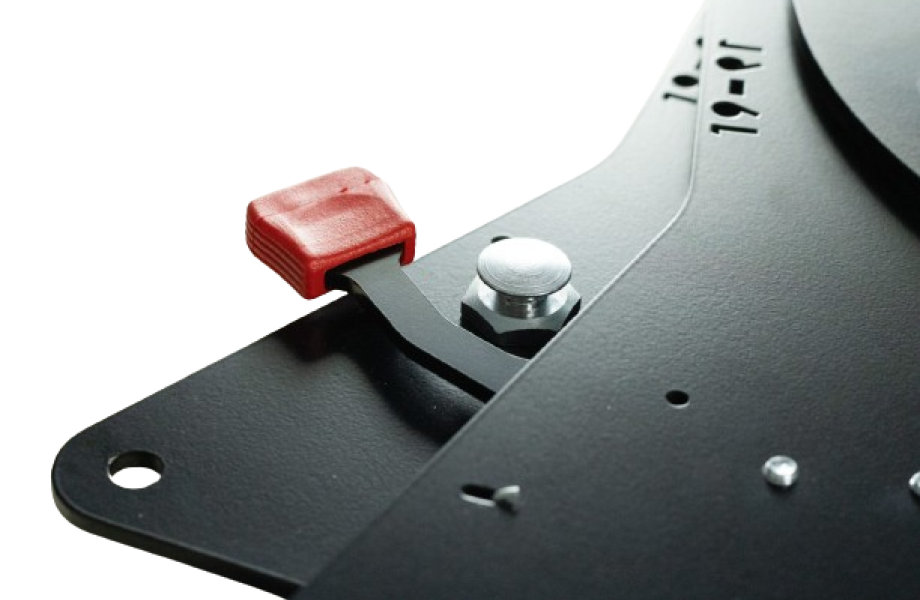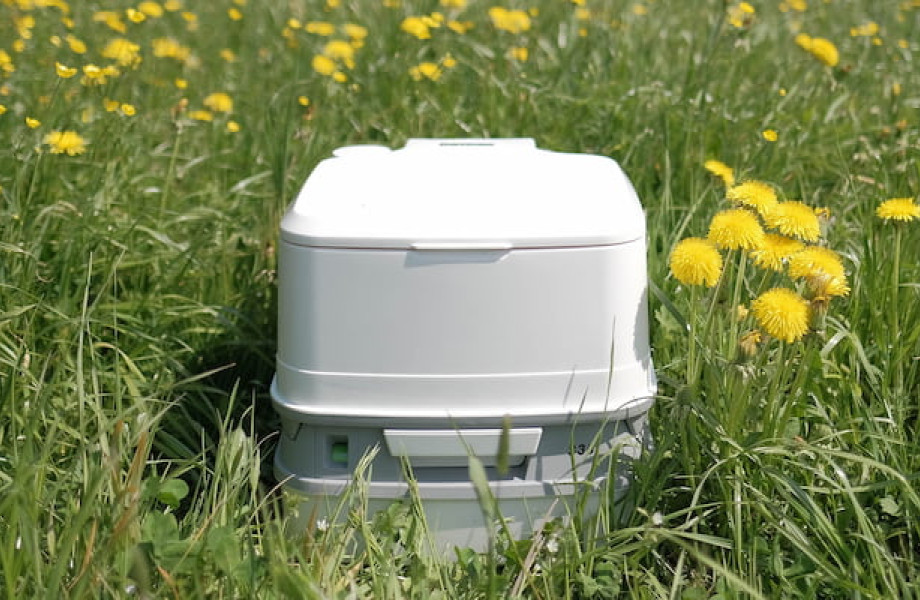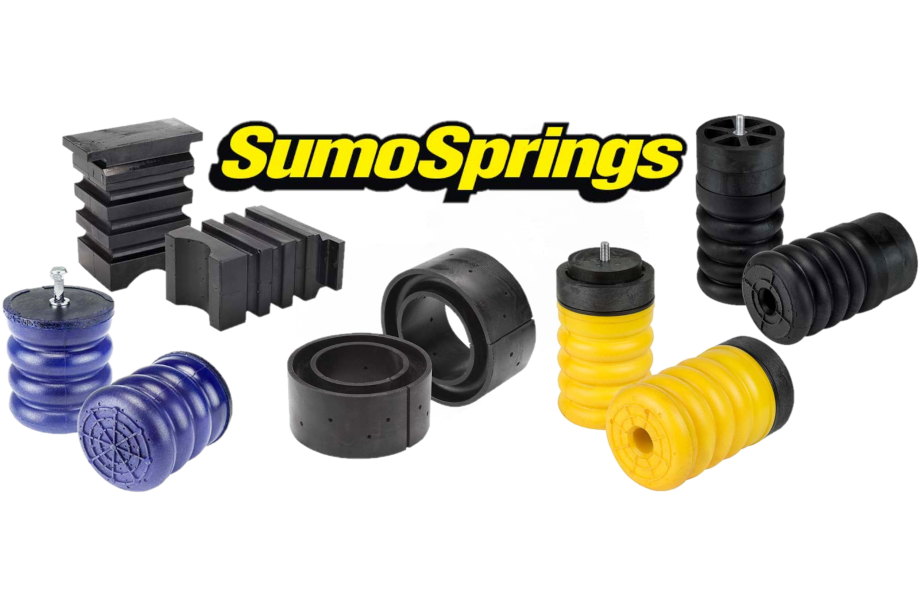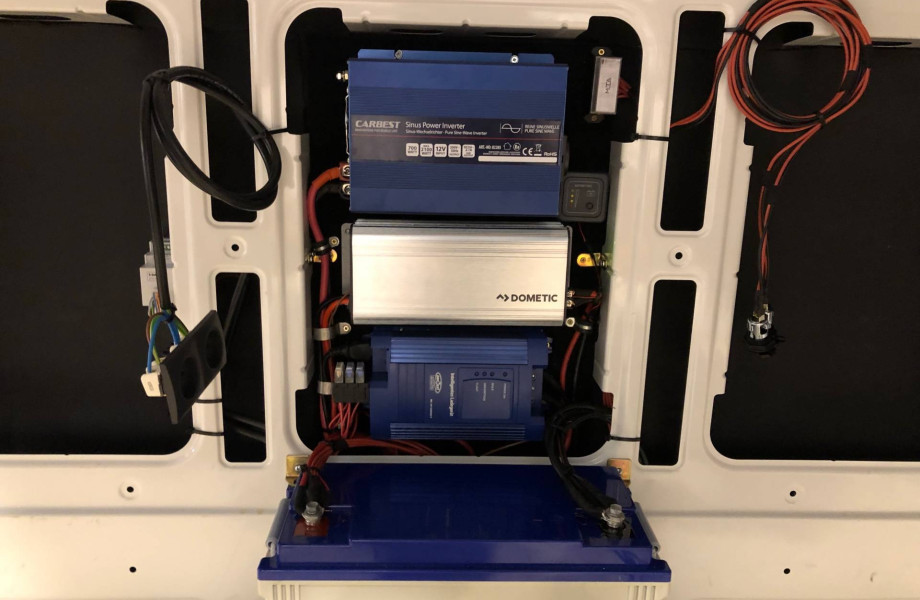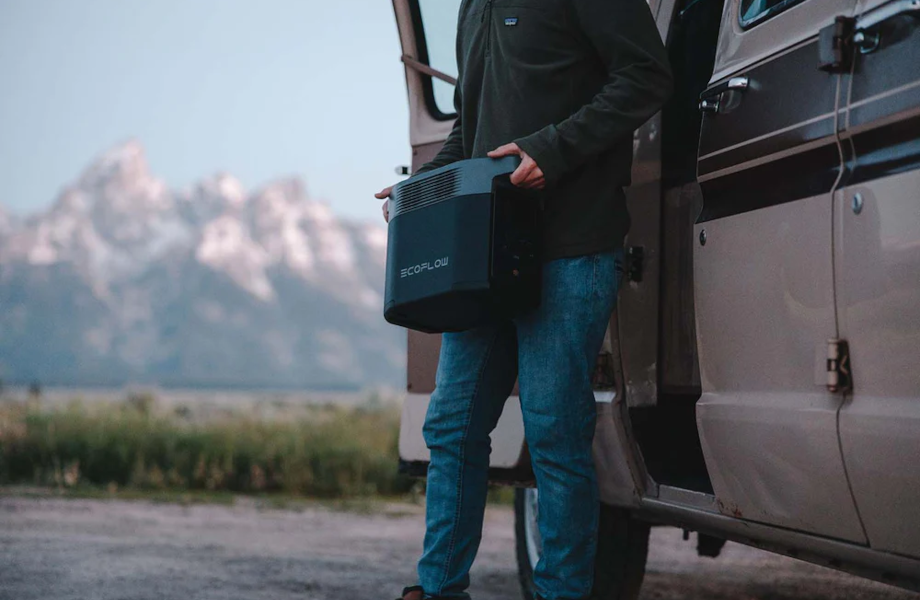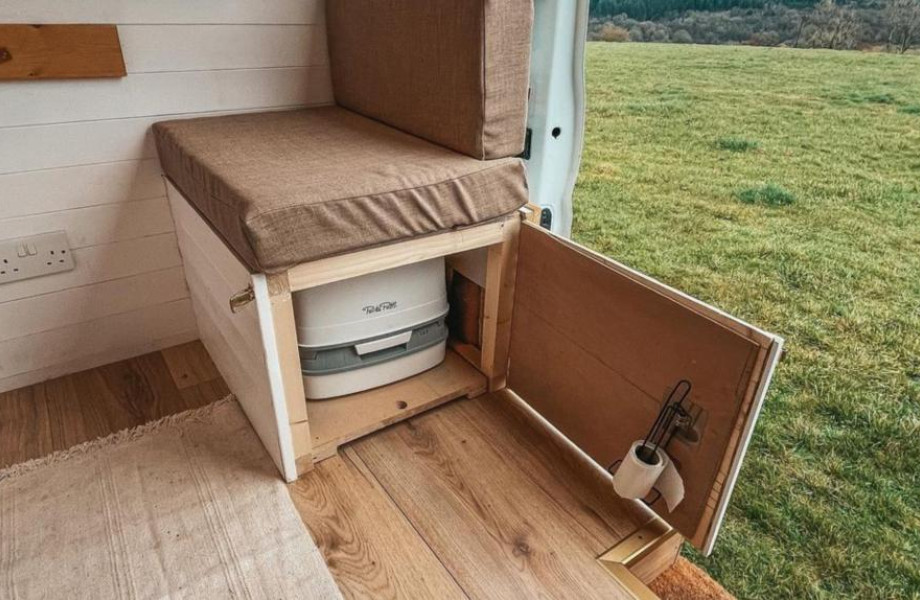Stationary Air Heater for Camper Van
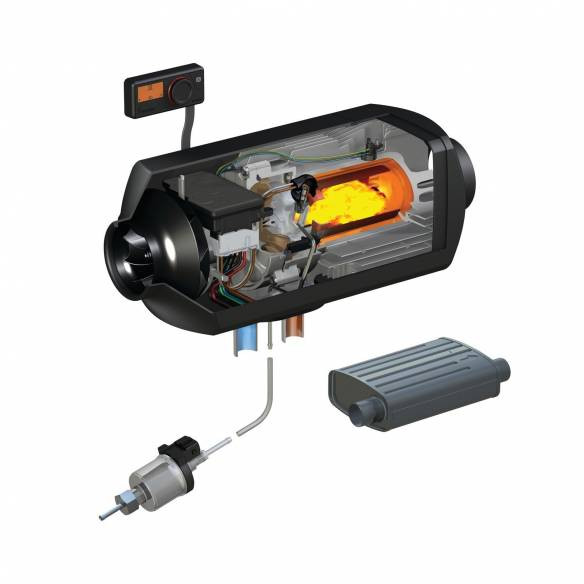
If there's anything that completely transforms the experience in a camper van, it's undoubtedly the stationary air heater.
Did you know that the vast majority of camper users choose to incorporate heating into their vehicles? It's the perfect accessory to turn your stay in the van into a cozy refuge during cold days.
The use of the air heater is not limited to winter months. If we choose high-altitude destinations like the Pyrenees, the Alps, or Northern Europe, nighttime temperatures can be quite low even in summer. The air heater allows you to visit these destinations comfortably.
While having a well-insulated van is crucial, the air heater is the key element to avoid feeling cold, as it generates the warmth that the insulation will always try to retain.
But, before delving into the details, let's take it step by step.
What is a stationary air heater?
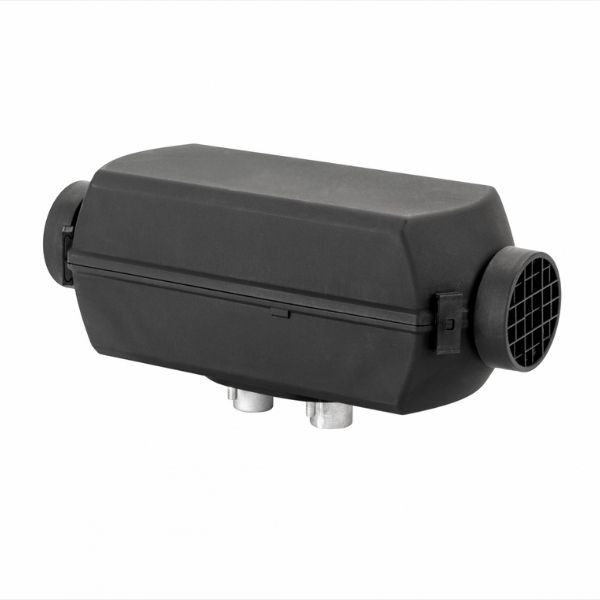
A stationary air heater is a device that operates independently of the vehicle. For it to work, we need an auxiliary battery for its operation and a fuel, usually diesel or gas, to extract heat with the vehicle parked.
How much does a stationary air heater consume?
From our experience with diesel heaters, in a medium-sized van, a 2 kW air heater typically consumes 1 liter of fuel every 8 hours at mild temperatures, 1.5 liters every 8 hours at cold temperatures around 0°C, and about 2 liters every 8 hours in case of very cold temperatures below -10°C.
What are the best brands of stationary air heaters?
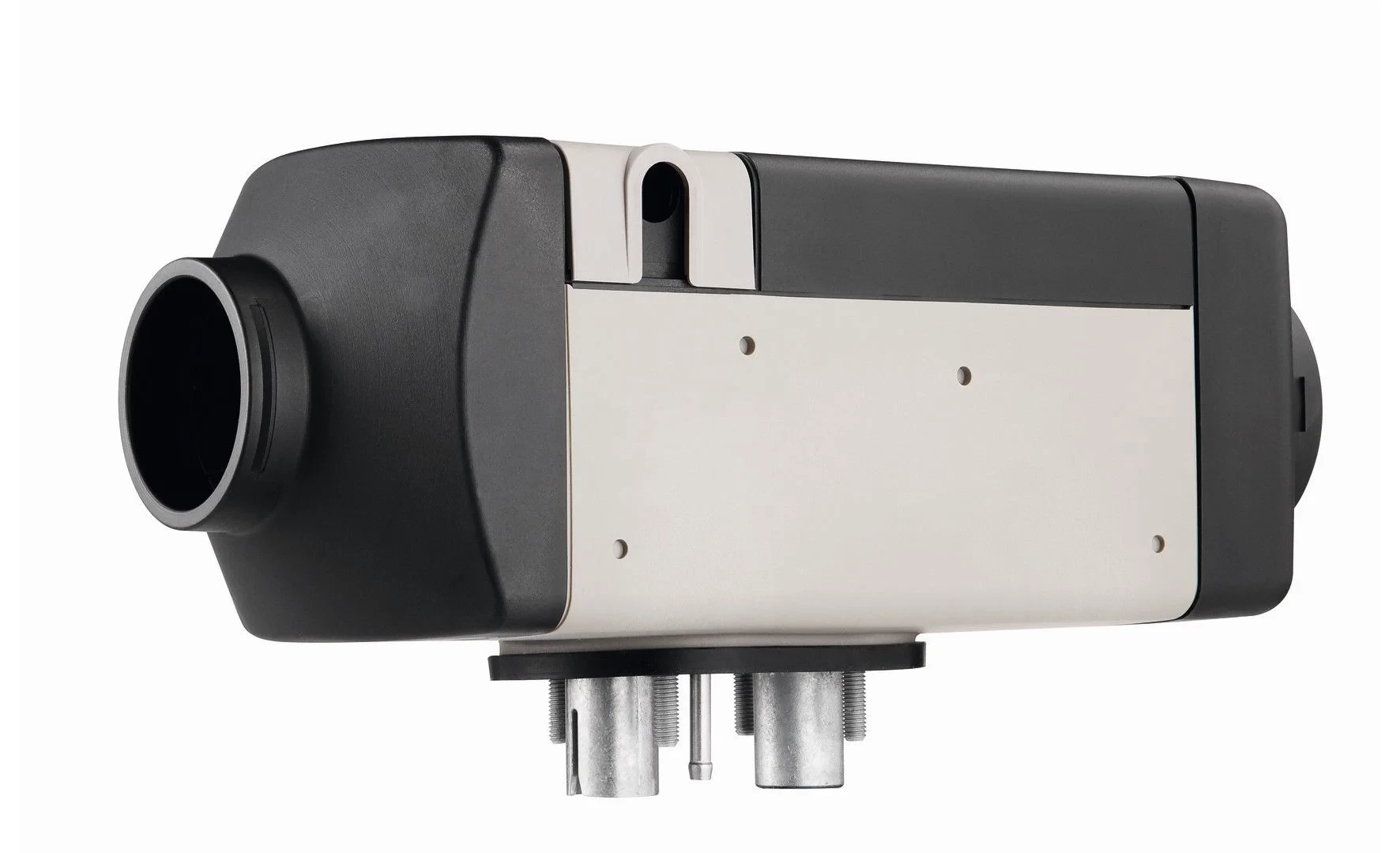
The most internationally recognized brand is Webasto, thanks to its quality and after-sales service, it's number 1 in the sector, both in original installations and in aftermarket installations like the ones we do in our workshop. Brands like Volkswagen, Mercedes, Renault, Peugeot, Ford etc… and most trucks include Webasto in their assembly lines.
Another brand that has grown a lot due to its competitive price is Autoterm, becoming increasingly common in Europe. This brand is mainly installed in the aftermarket.
These brands are backed by their performance, durability, quality, and an extensive network of technical services that can handle any issues. They also include the CE marking and homologation codes 10R and 122R, ensuring the safety of the device and the quality of materials.
We also have the already known model from the brand Eberspächer and also a Truma stationary heating system Truma that operates with gas.
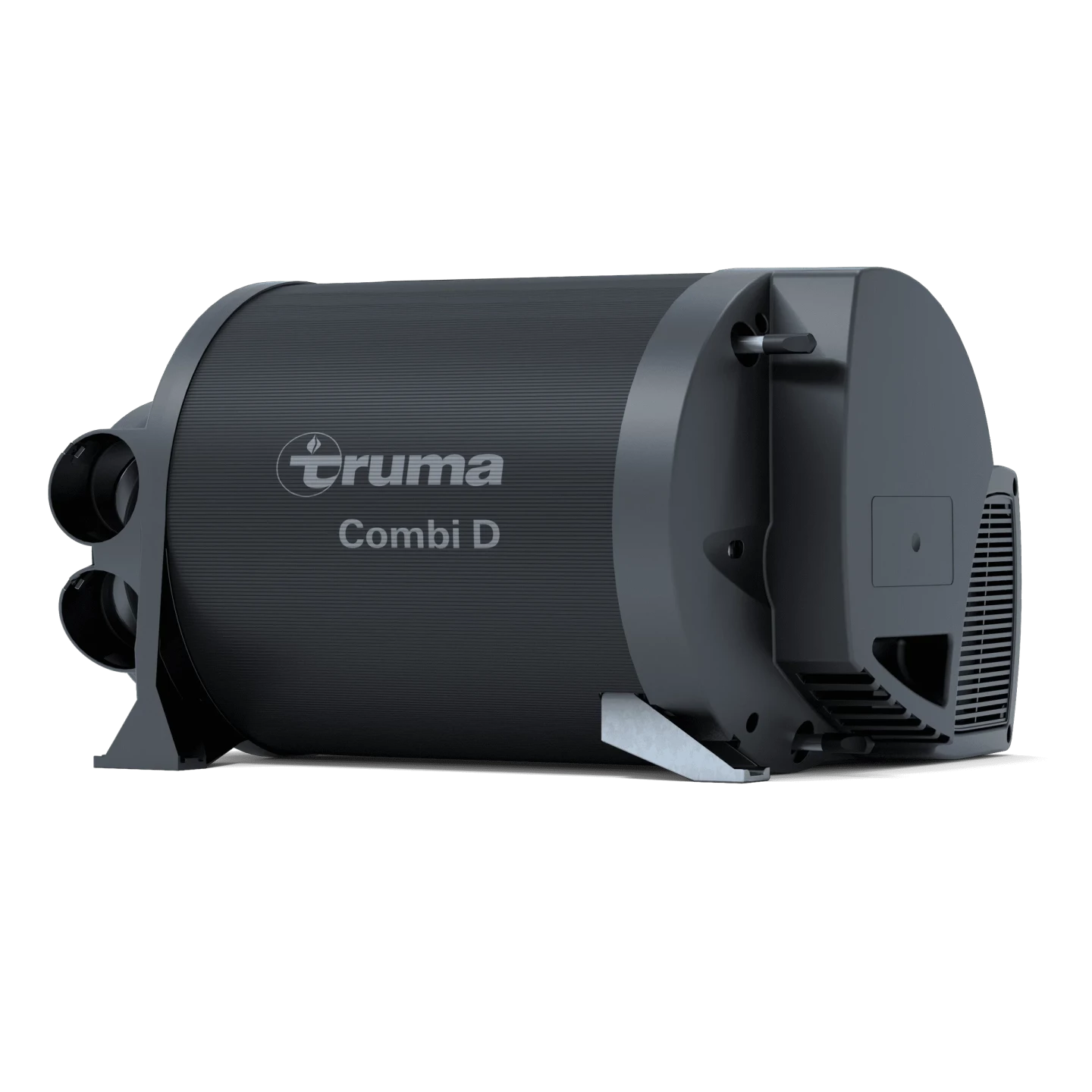
Can I install a stationary air heater in any type of vehicle?
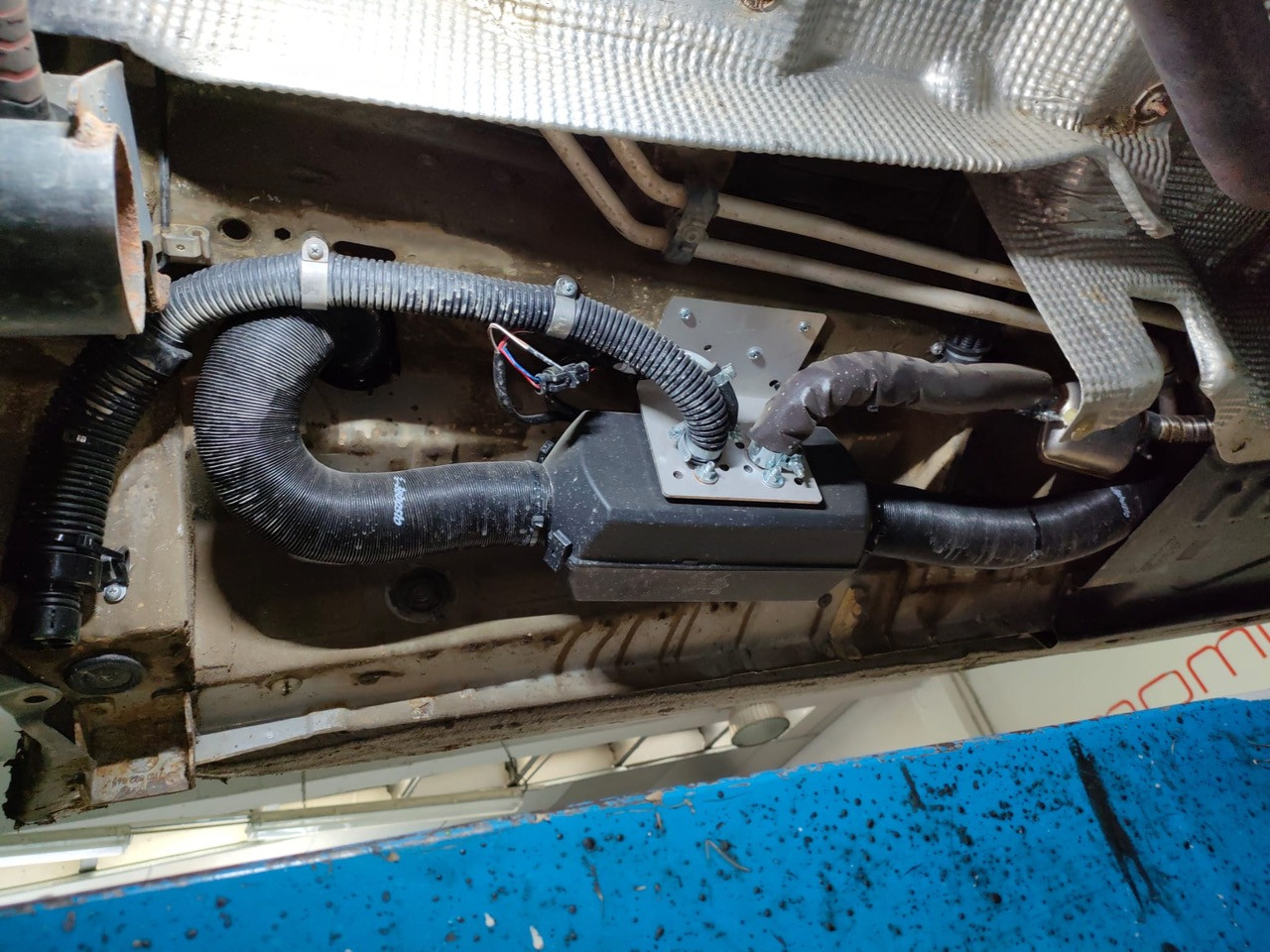
Yes, there are air heaters of various powers to adapt to size, usage area, etc.
Location of the stationary air heater
This depends on your vehicle. In medium-sized vans, it is generally installed under a cabin seat or outside.
In larger vehicles, there are more options depending on the vehicle's layout and where you want to run the ducting. Generally, your installer will tell you the options available in your van and advise you on choosing the best one.
Do I need to perform any maintenance on the stationary heating system?
Maintaining the stationary heating system is quite straightforward. Simply turn it on a few times a year, even when it's not cold. Set a high temperature on the control panel and let it run for a while to undergo a complete heating and cooling cycle.
Note: Short ignitions (of short duration) are not ideal for the heating system. It's better not to start it if you only need it for 10 minutes.
What is the "altitude kit" for stationary heaters?
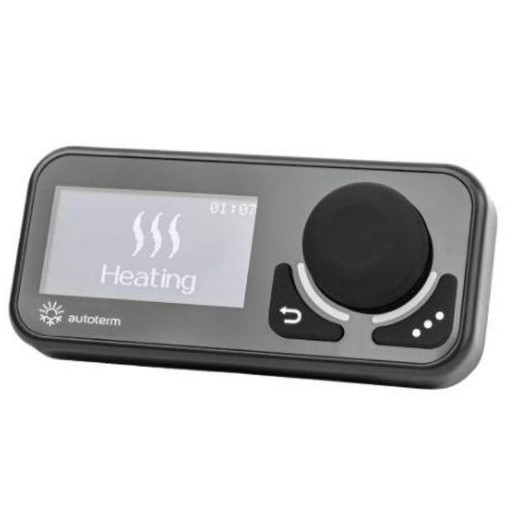
Diesel heaters mix diesel with oxygen to carry out combustion, generating a flame inside. The heaters are designed to operate seamlessly between sea level and approximately 1000 to 1500 meters altitude. At higher altitudes, the oxygen content in the air decreases, making the mixture richer in diesel and poorer in oxygen, causing an excess of diesel to carbonize inside the heater. The solution is to adjust the diesel injection to the lower oxygen levels. This is what the altitude kit does, activating automatically at the specified altitude. By reducing the diesel in the mixture at higher altitudes, the interior of our heaters stays cleaner, avoiding future issues of blockages due to dirt and carbonization.
What should be considered when buying a stationary air heater?
Heating power: Heating power is the most crucial factor to consider. It's essential to ensure that the selected air heater has the appropriate power to heat your camper. In general, if your van is not longer than 5.5 meters, a 2 kW air heater is usually sufficient, but there are many factors to consider, such as the usual environment of use, insulation of the vehicle, how it is constructed, etc. Remember that it's always better to have a slightly less powerful heater that works longer than one that is too large and operates at low power, as it can cause malfunctions.
The Controll panel: The adjustment of the air heater is done through a control panel. Each brand has its own design, ranging from very simple options to programmable controllers, even systems that can be controlled from a mobile phone. Before making a decision, we recommend that the controller be intuitive and have altitude operation, especially if you plan to park above 1600 meters, something common in ski resorts and areas like the Alps or Pyrenees.
Homologation: Installing an air heater is considered a significant modification, and to legalize it and pass the inspection, three things are necessary:
What do I need to homologate a stationary air heater?
1. Installation certificate issued by a competent workshop.
2. Laboratory report made by an approved homologator.
3. The heater must have CE marking 10R and 122R.
Heaters without this marking do not meet the minimum safety and quality standards, so we advise you not to take risks for safety since it is a device that burns diesel at high temperatures inside a vehicle where we sleep.
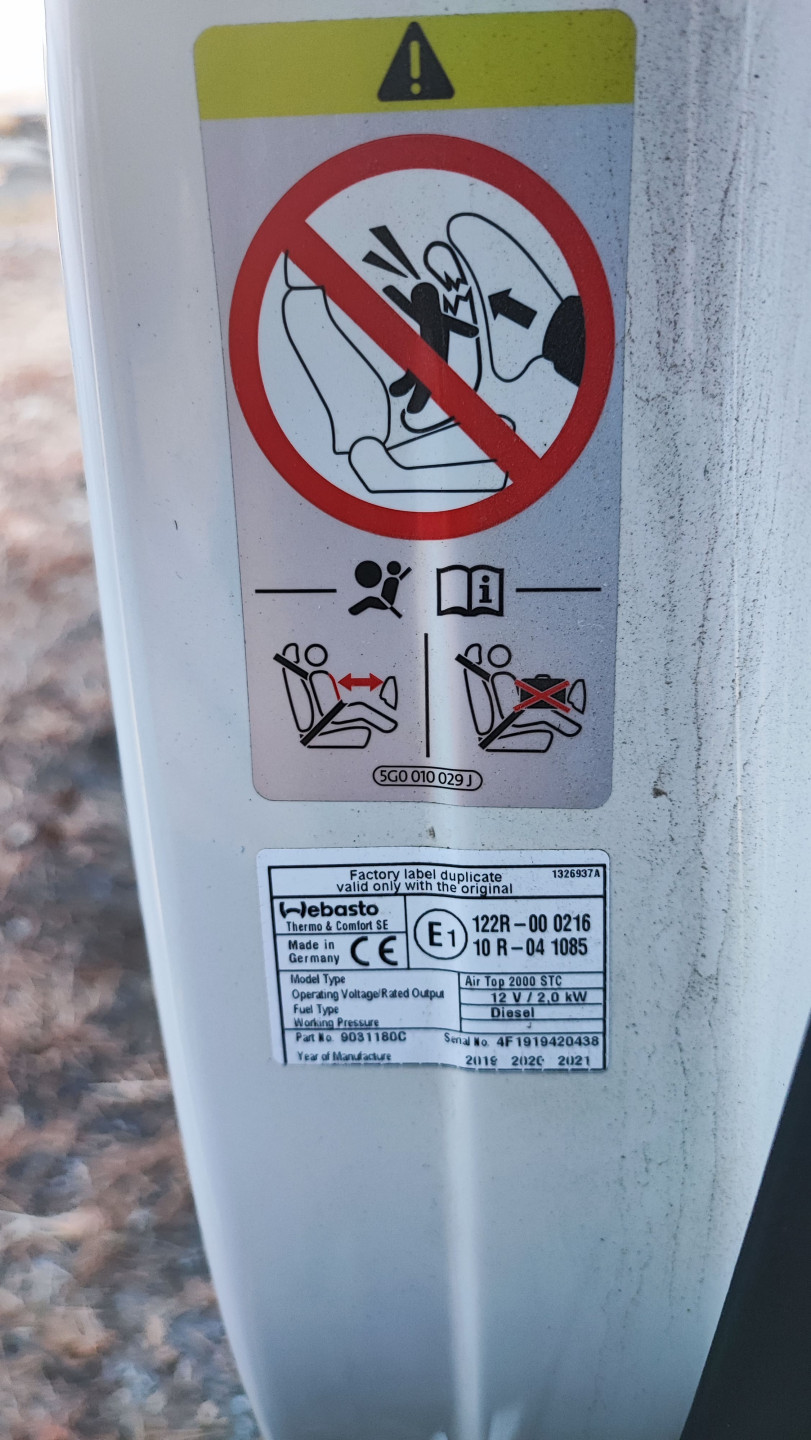
How much does it cost to install a stationary air heater?
The price varies depending on the vehicle, the type of installation, and the chosen air heater, but generally, it starts from 850 euros, including materials and installation.
The installation time depends on each workshop; we usually do it on the same day.
Do you want to install a stationary air heater in your camper van, or do you have any doubts?
Our team of experts will take care of the installation for you!
